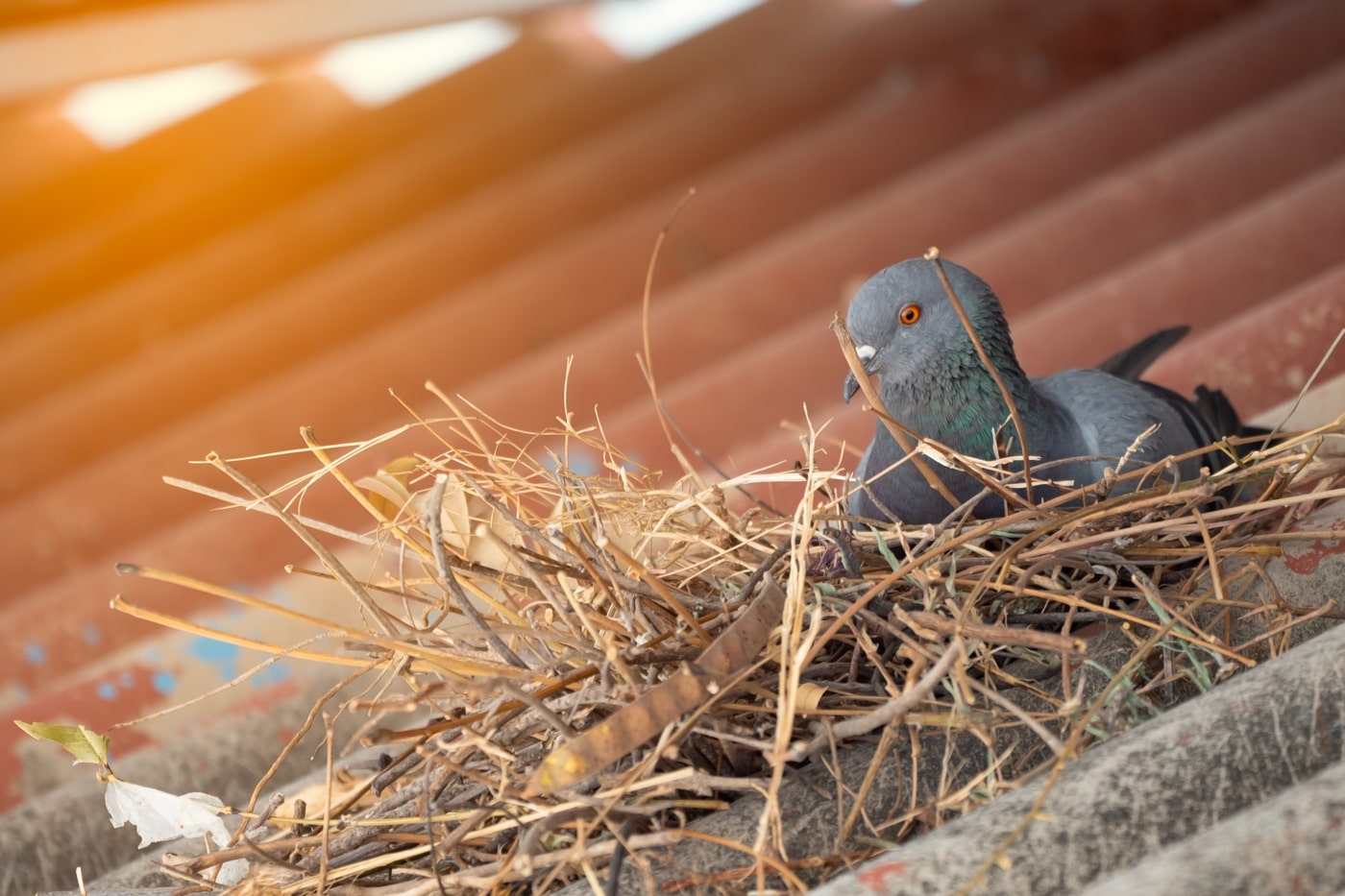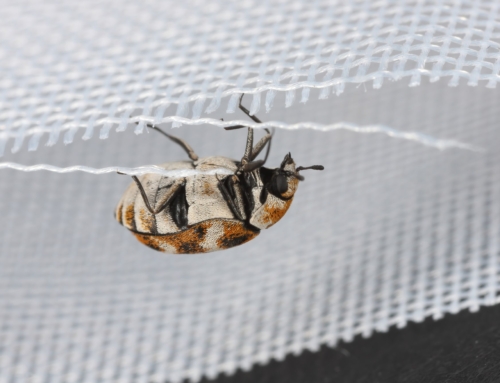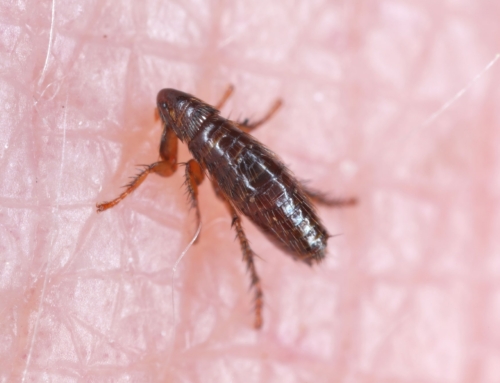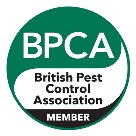What’s the law on removing bird nests?
While birds are an important part of our environment, in some cases, they can be a nuisance. This includes birds nesting on roofs and in attics. When they appear in these inconvenient or hazardous locations, questions will often arise. Understanding the legalities surrounding bird nest removal ensures compliance with wildlife protection laws while addressing the concerns of property owners.
Here are the key points everyone should know about the law on removing bird nests.

Is it illegal to destroy a bird’s nest in the UK?
Under the Wildlife and Countryside Act 1981, the law in England and Wales protects nesting birds and their eggs. It’s illegal to intentionally destroy or harm a bird’s nest while it’s in use or being built. The legislation applies to all wild birds, including sparrows and pigeons.
Failure to comply with these laws can result in fines or even imprisonment, emphasising the importance of respecting nesting birds and their habitats. You can learn more about wild bird protection laws on the government website here.
However, there are also general licence rules for killing or taking certain species of wild birds to prevent serious damage to things like livestock, crops, fruit, vegetables and fisheries. If you think your issue falls under these criteria, seek expert advice. This includes problems with species like feral pigeons and gulls.
Are wild birds protected?
Yes, all wild birds, their nests and their eggs are protected, but licences allow limited exceptions for pest species under particular circumstances. This requires professional input and support.
The main thing to know is that you’re breaking the law if you kill, injure or take wild birds, destroy their nests (while being built or used), take or destroy wild bird’s eggs, try to sell wild birds, or use prohibited methods to kill or take wild birds. You’re even acting illegally if you possess or transport dead wild birds or their eggs.
What are schedule 1 birds?
Schedule 1 birds have extra legal protection, like snowy owls and barn owls. You can find the full list of section 1 wild birds here. Breaching these laws can result in unlimited fines (per offence) and prison sentences (6 months).
For any bird species falling under the section 1 category, it’s an offence to intentionally or accidentally (if not enough care was taken), disturb their nest (even if they’re still building it) and their dependent young.
Can you remove a bird nest from your property?
While the law protects nesting birds and their habitats, there are circumstances where bird nest removals may be necessary, such as safety concerns or property maintenance. While the law protects nesting birds, there are exceptions that permit the removal of nests under specific conditions.
If the nest is inactive, meaning it is not currently being used by birds or does not contain eggs or young, it may be legally removed. However, caution must be exercised to ensure no birds are harmed in the process, and it is advisable to consult a bird control professional if considering this option.
What about if a bird nest is in your gutters or covering your chimney? Unfortunately, the law still applies! Always get expert help to avoid breaking the law.
What’s the best time to remove bird nests?
Timing is important when removing bird nests so that you don’t interfere with nesting birds and their young, while ensuring compliance with legal requirements. The best time to remove a nest is during the winter months when birds are less likely to be nesting.
Ask a bird controller to conduct a thorough inspection to make sure the nest is inactive before removal. Additionally, if there are concerns about the presence of nesting birds, seek advice about your options. Some species (like house martins and swallows) return to the same nests each year, so these nests should be preserved where possible.
In most cases, harmful actions can be avoided by timing work outside of nesting and breeding season (March to August – although some species nest earlier or later!), or by using a range of methods that deter wild birds without harming them.
Who issues bird licences in the UK?
Licences for any activities affecting birds are issued by Defra and Natural England. These licences cover things like killing or taking wild birds for conservation, air safety, public health and safety, prevention of agricultural damage, and the spread of disease to livestock. For example, wild birds may be trapped in food premises, which could affect public health and safety.
Each licence has its own rules, so you need to check it covers the bird species you want to control, the methods you intend to use, and other relevant conditions.
Are there humane bird control methods?
At Effective Pest Solutions, we have a wide range of humane bird prevention methods available, which you could implement before nesting season begins. This includes:
- bird wire – a post and wire system to stop birds from roosting on flat surfaces, such as the ledges of tall buildings
- bird netting – cover roof spaces, canopies, eaves, building fronts and more
- bird spikes – fine stainless steel pins attached to your building (no drilling required!) to stop birds from roosting
- solar panel mesh – solar panel pigeon meshing to deter birds from settling in this spot
- bird traps – entice birds into traps to catch and remove a large number of them from your premises
Where can you get bird control help?
For property owners facing issues with bird nests or needing bird control measures, various resources are available. Local pest control professionals can provide guidance and support in addressing bird-related concerns.
These experts offer advice on humane methods of bird control, such as deterrents or property modifications to prevent future nesting problems, while ensuring compliance with wildlife protection laws.
Need help from a bird or pigeon control expert? Get in touch
At Effective Pest Solutions, we offer expert bird control services in London and Surrey, coming out to Addlestone, Belmont and beyond.
For a free quote, please call now on 07951 228 778 or email info@effectivepestsolutions.co.uk.







